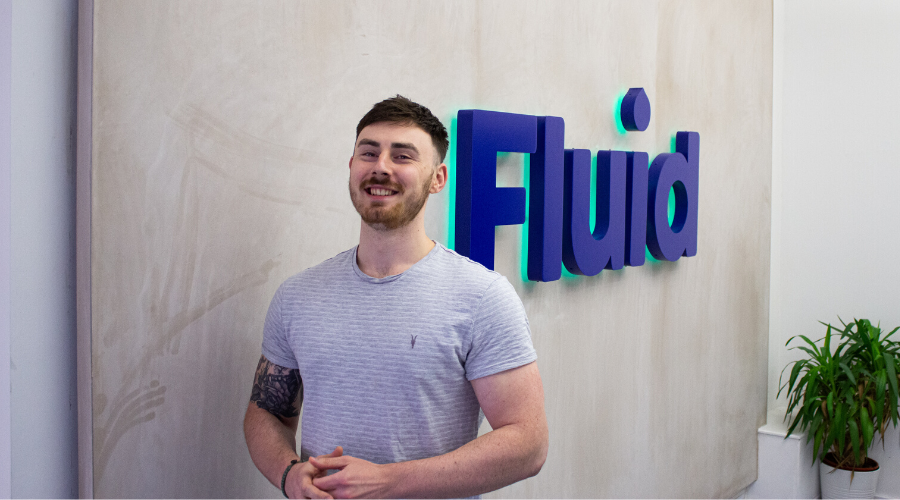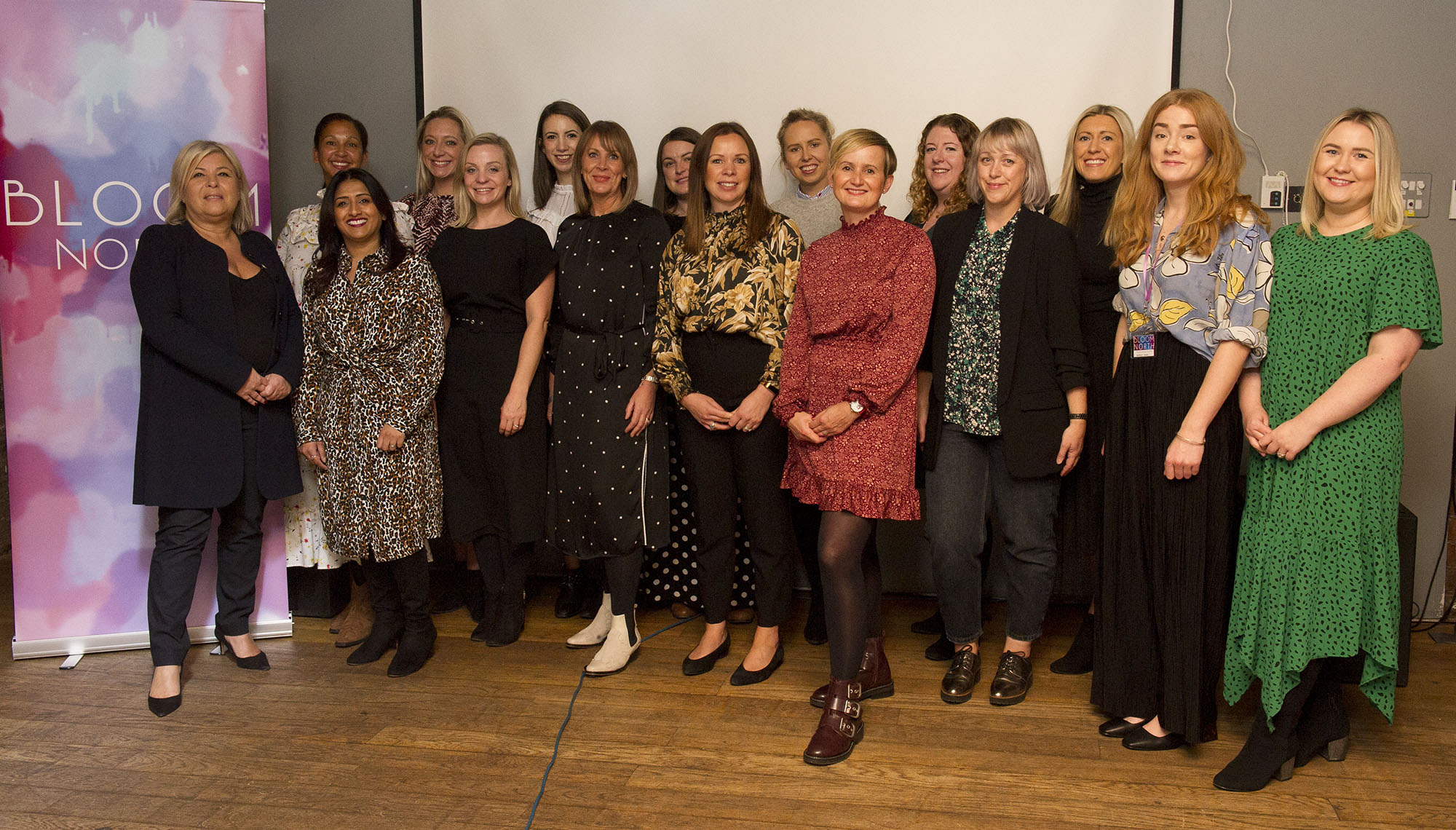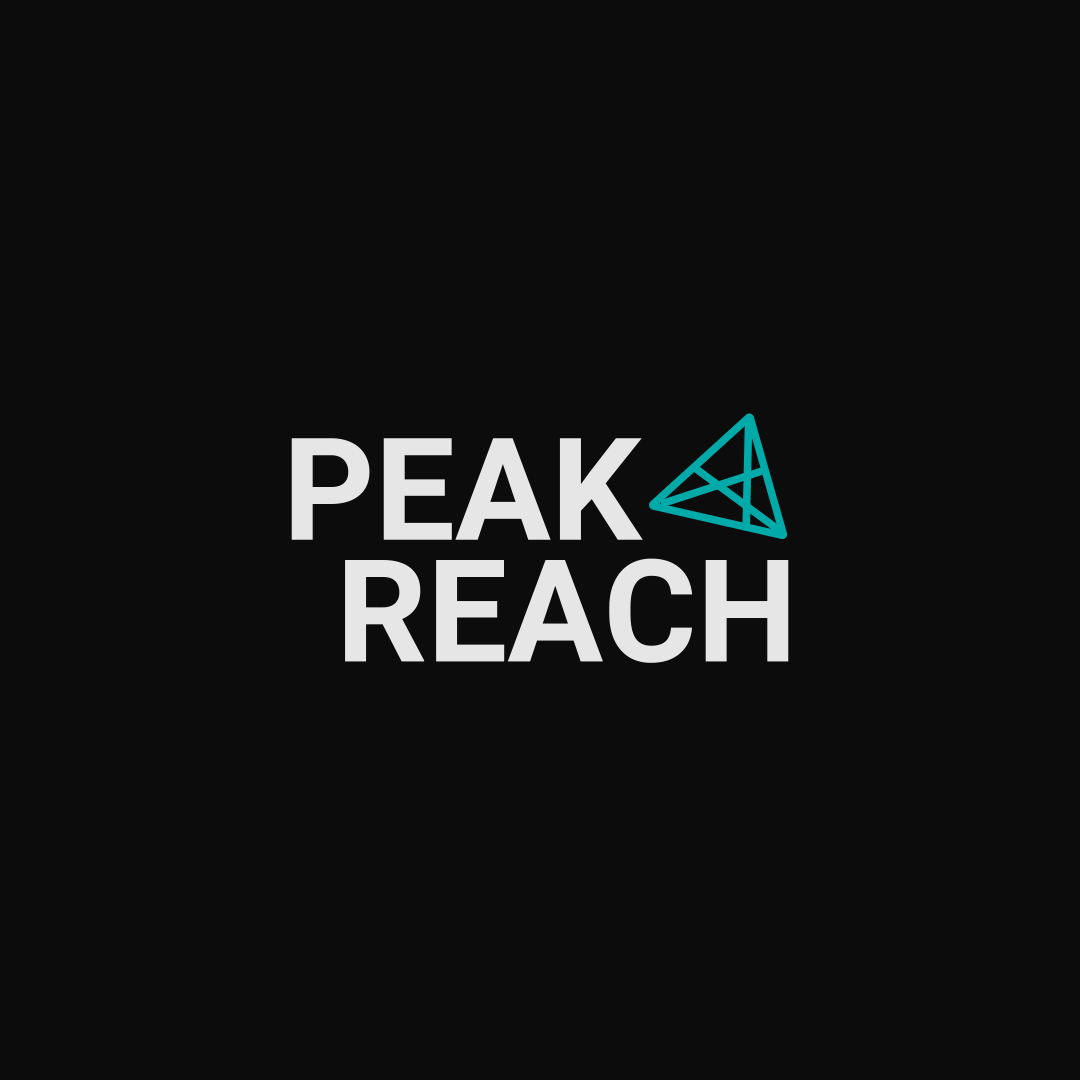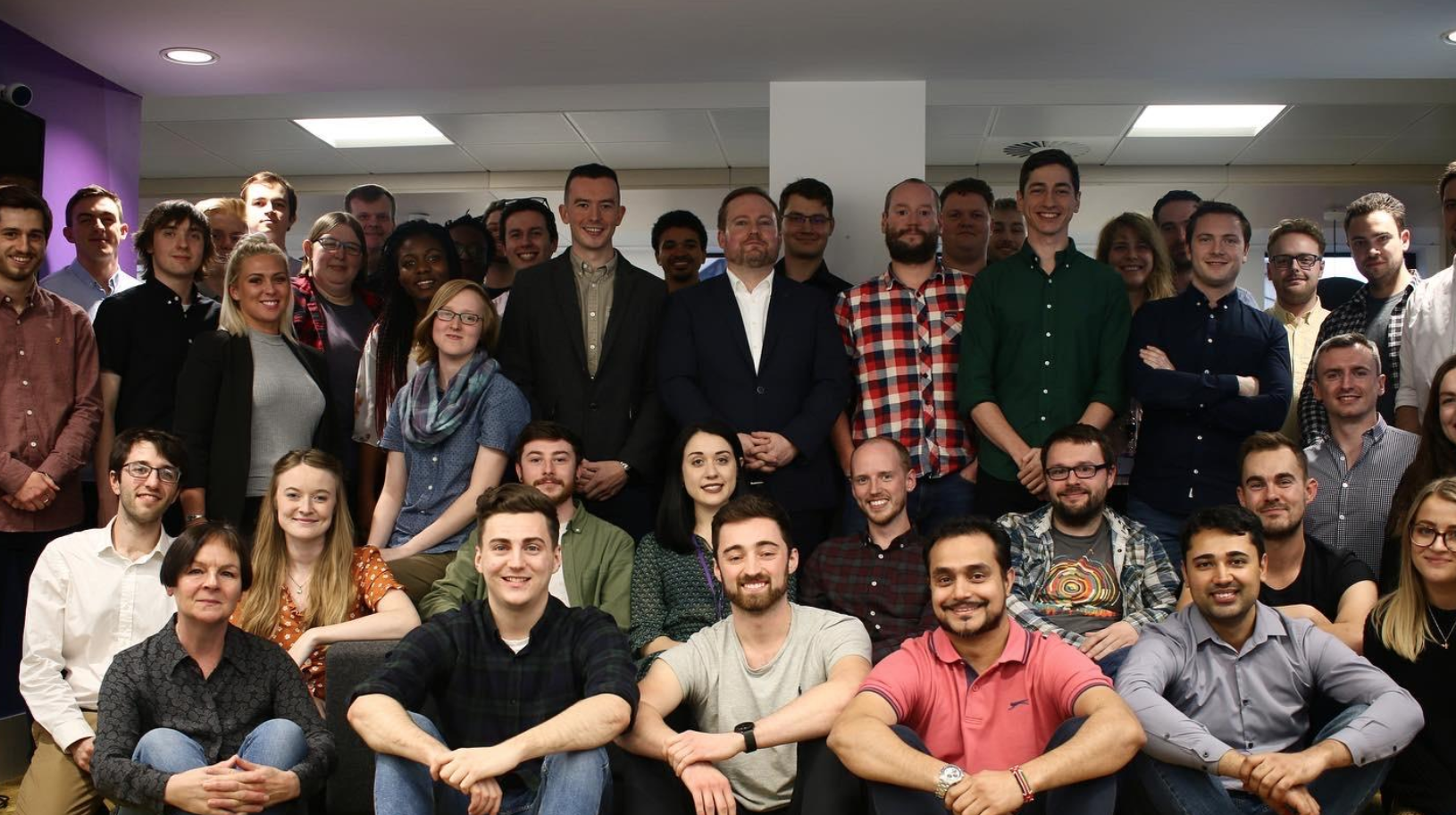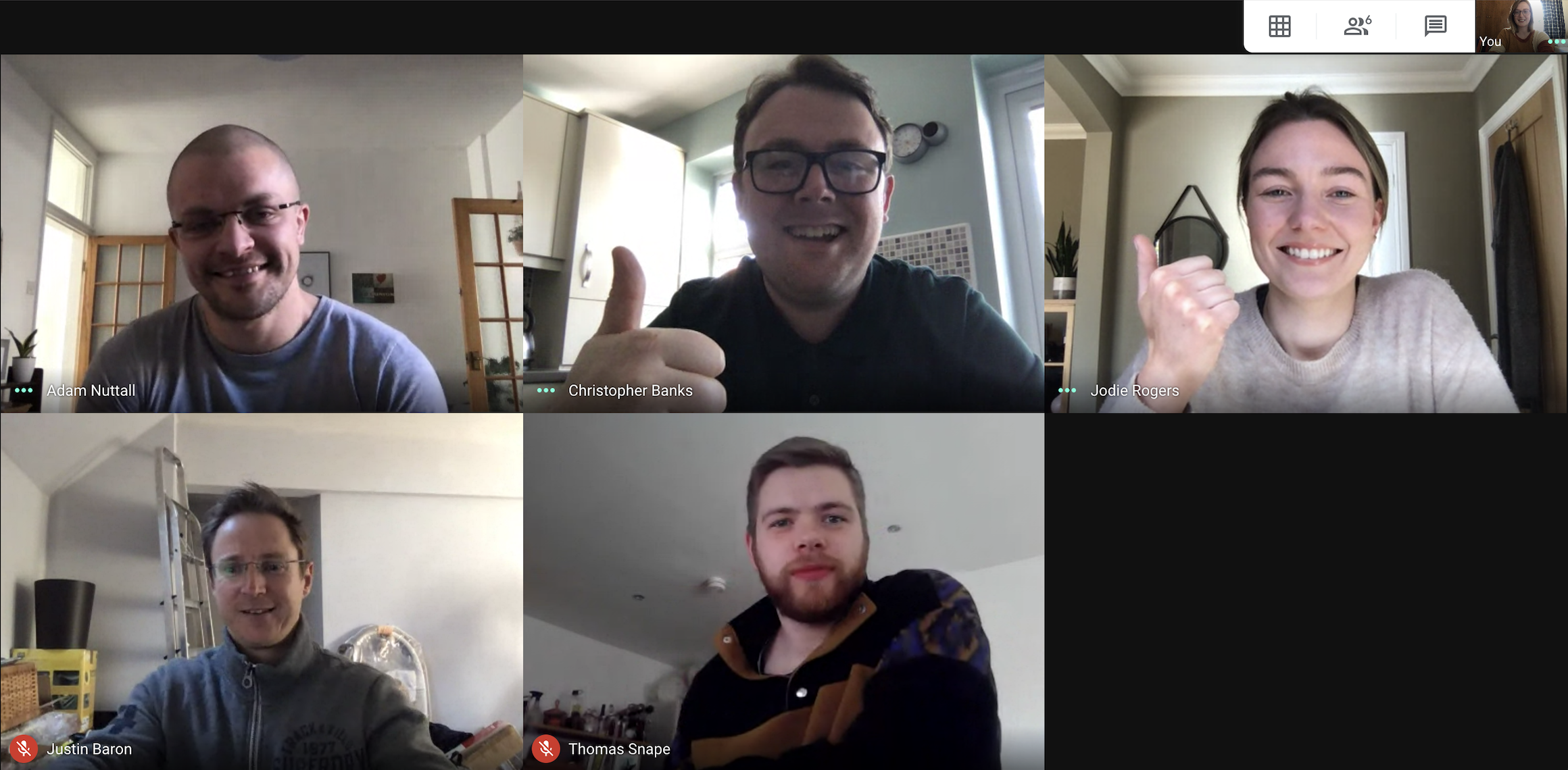Embracing inclusive design and fostering accessibility for all
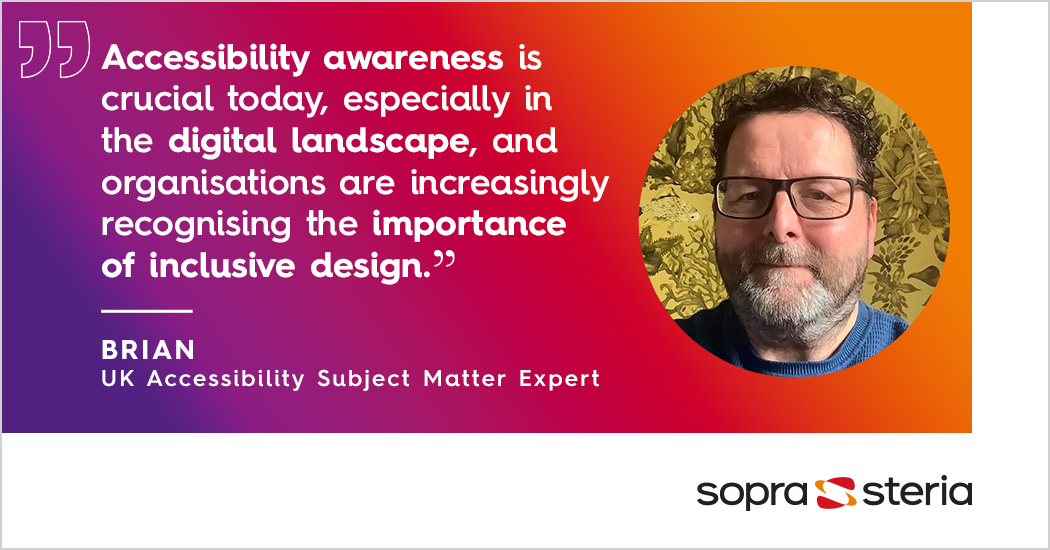
Article by Brain Wall, Sopra Steria's UK Accessibility Subject Matter Expert
Yesterday was Global Accessibility Awareness Day. An opportunity to talk, think and learn about access and inclusion, in the hope of breaking down barriers and creating more positive working environments for all. It encourages us to pause and reflect, celebrate the progress that has been made, and acknowledge that there will always be ways in which we can improve diversity and inclusivity in the workplace.
I’m passionate about ensuring the workplace is more inclusive for those who have accessibility challenges and it’s my job to ensure improving accessibility is something we as a business will continually focus on. Having a clear intention to improve accessibility standards should be a priority for every organisation, so that colleagues feel supported, seen and heard, and can reach their full potential. Here are my top three suggestions of how to start making this possible.
Incorporating Web Content Accessibility Guidelines design standards
Accessibility awareness is crucial today, especially in the digital landscape, and organisations are increasingly recognising the importance of inclusive design. One way Sopra Steria promotes accessibility is by incorporating the Web Content Accessibility Guidelines (WCAG) design standards into business practices. By following this approach, organisations can ensure that the services they provide meet the necessary accessibility criteria. This not only demonstrates a commitment to inclusivity, but also helps avoid rework in the future. Reviewing and amending any work that does not meet the WCAG design standards displays a dedication to providing equal access to everyone.
Considering accessibility at the design stage
It is important to recognise accessibility concerns from the design stage itself. Oversights and mistakes can have negative implications for accessibility, some of which may result in services and products which are inaccessible to disabled people. By incorporating accessibility best practices into the design process, such as conducting usability testing with disabled people and following accessibility guidelines, organisations can prevent accessibility issues before they arise.
Investing in inclusivity-led initiatives and flexible working
Acknowledging the importance of accessibility awareness, we have allocated funding for an additional role in our Human Resources team. This role will support the implementation of reasonable adjustments to ensure accessibility for all employees. It aims to provide colleagues with the necessary support to perform their jobs effectively, fostering a sense of inclusivity and helping them to thrive in the workplace.
By investing in this kind of dedicated resource, organisations are able to demonstrate a commitment to creating an inclusive work environment where disabled people have equal opportunities.
It’s clear though, that achieving systematic change requires collective effort and engagement from all employees throughout an organisation. An important part of my role is to raise awareness about accessibility throughout our business, including training programmes, workshops, and awareness campaigns. By promoting accessibility, we aim to grow an inclusive culture and empower employees to champion accessibility in their roles.
At Sopra Steria, we recognise that everyone has individual needs and that these may change from day to day. Our strategy promotes work-life balance and general employee wellbeing while also improving accessibility. For example, we understand the importance of flexible and remote working options in fostering accessibility. The independence and freedom to work in settings that best suit their needs can be given to disabled people through remote work, flexible hours, and alternative workspaces.
We’re making significant progress in improving accessibility in our workplace, but we know there is still so much more to do. We’ll keep striving for a more inclusive and accessible organisation for all our people, with clear commitment and intention. The following quote from Howard Zinn says it all really:
"We don't have to engage in grand heroic actions to participate in the process of change. Small acts when multiplied by many people can transform the world."

